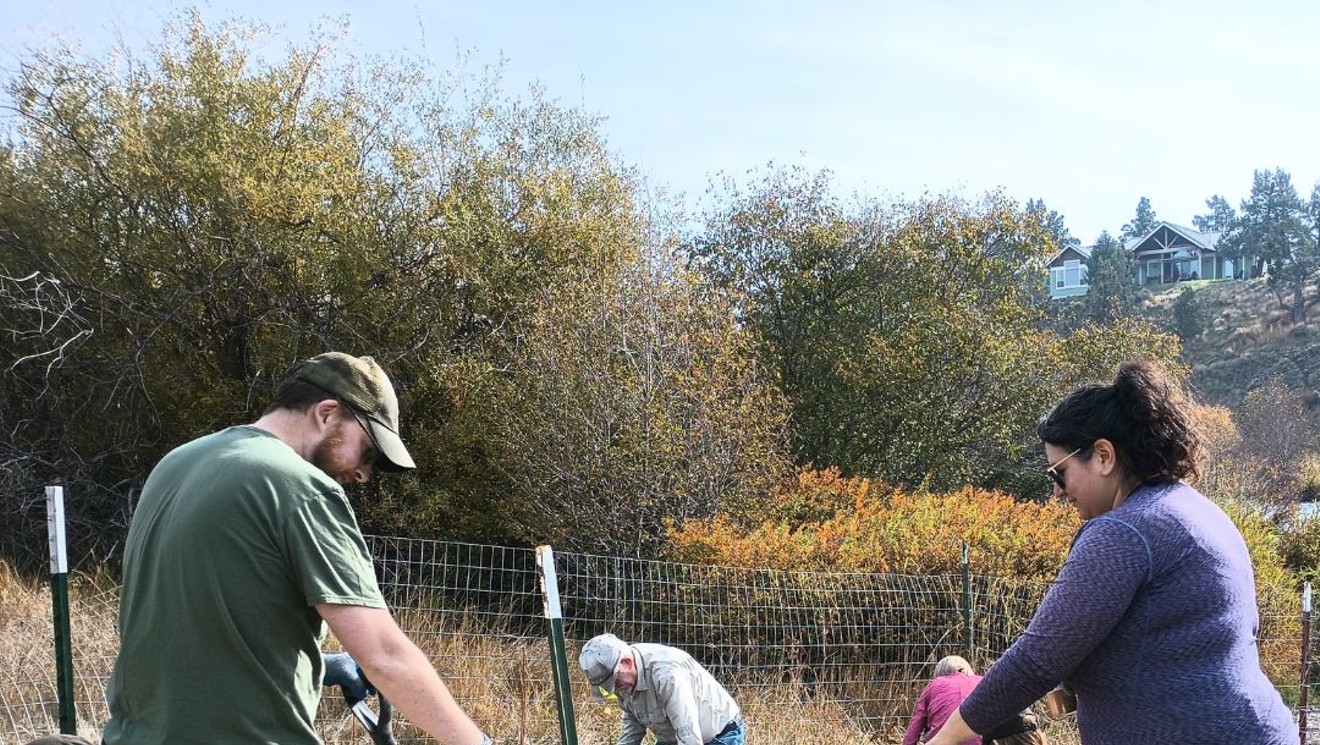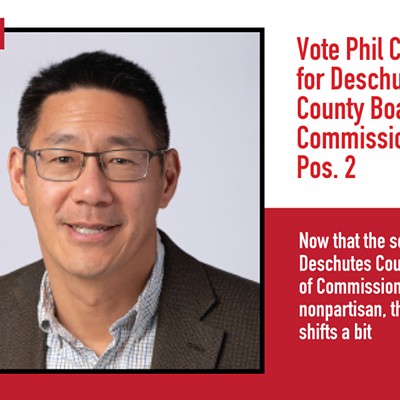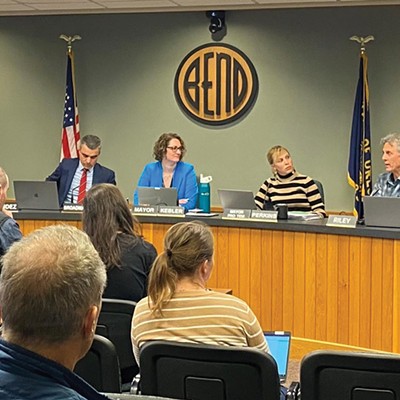In November 2020, a citizen initiative in Oregon got the whole country talking. Oregon voters, determined to champion a more compassionate version of addressing the drug crisis, voted in favor of Measure 110, the landmark drug decriminalization and treatment bill. It passed with 58% of the vote. What followed could be described as nothing short of a perfect storm.
A short time frame for implementation of the measure, the existence of a pandemic and a rapid increase in the use of fentanyl turned this attempt at routing those experiencing addiction away from jail and into treatment centers into quite the debacle. Fentanyl is cheaper, easier to smuggle and harder to kick, and it charged into Oregon like a semitruck that's lost its brakes.
Between 2019 and 2021, deadly overdoses of fentanyl increased 94%, according to the U.S. Department of Justice. In Oregon, three people die every day from overdoses. Federal drug teams seized 43 doses of fentanyl in 2019, according to the Oregon-Idaho High Intensity Drug Trafficking Area team. In 2022, the number of seized doses had risen to 32 million. Let that sink in for a minute.
Meanwhile, the treatment options available to Oregonians were already abysmal before voters opted to fund more treatment. With just 13 weeks between the passage of the measure and it going into effect, is it any wonder that treatment beds didn't materialize quickly enough, and that now, some 63% of people polled in the state say they want personal amounts of drugs to elicit arrests again?
This month, leaders in the Oregon State Legislative Assembly convened a new committee aimed at addressing Oregon's drug crisis. With fentanyl's arrival in Oregon, a committee like this would have been necessary even if there had never been a Measure 110. Now, though, the Joint Interim Committee on Addiction and Community Safety Response has the difficult task of not only trying to stem the tide of the most addictive substance we have yet to see in this ongoing opioid crisis, but also, of possibly finding some way to roll back an initiative put forth by the people themselves.
Supporters of Measure 110 spent years floating the idea, gathering the signatures and then campaigning to voters about its merits. While it's clear that Measure 110 needs either more robust support in the treatment realm, or needs a complete overhaul or something in between, it should be done with caution, because citizen initiatives matter.
In some states, such as Arizona, some lawmakers are working to claw back the powers issued to the people by watering down or weakening the citizen initiative process. In some other states — 24, in fact — average citizens don't have the right to bring forth a citizen initiative or referendum at all.
Oregon voters were astute back in 2020 when they saw a deepening drug crisis and sought solutions we hadn't tried before. Bad timing in the way of a fast rollout and a looming fentanyl crisis made the solution they favored appear doomed almost from the start. But the spirit of the measure was still correct: favor compassion over incarceration. That notion is still worth preserving.
We don't envy the legislators in Salem who now have to wade through this complex issue and come up with something that sees fewer people addicted. While they work through it, however, it should occur to them that there's merit in preserving the will of the people. Can we move forward and achieve progress without a complete repeal of Measure 110? Can we preserve its funding for treatment and somehow even double down on that effort?
Indeed, what started as a will of the people now becomes the woe of our elected officials.
As former U.S. Secretary of State William Jennings Bryan said in 1920: "We have the initiative and referendum. Do not disturb them. If defects are discovered, correct them and perfect the machinery. Make it possible for the people to have what they want. We are the world's teacher in democracy."





















